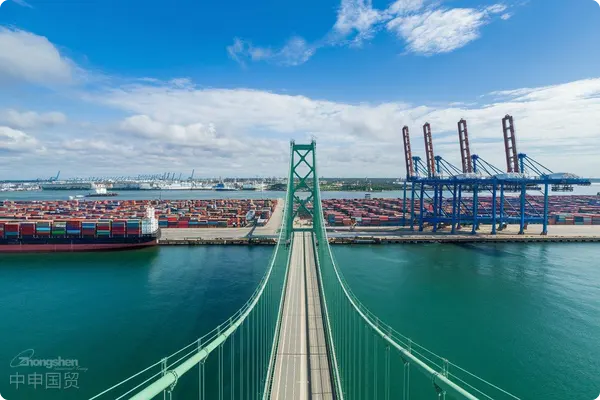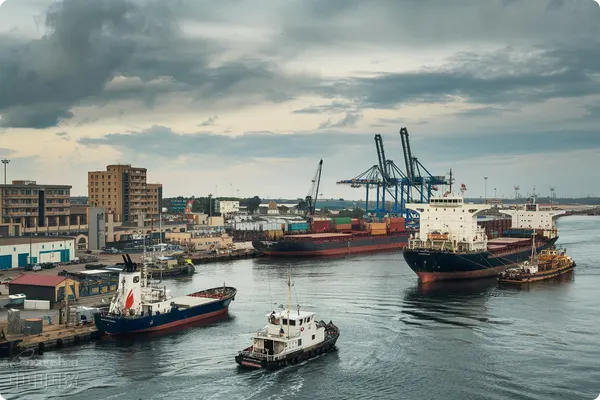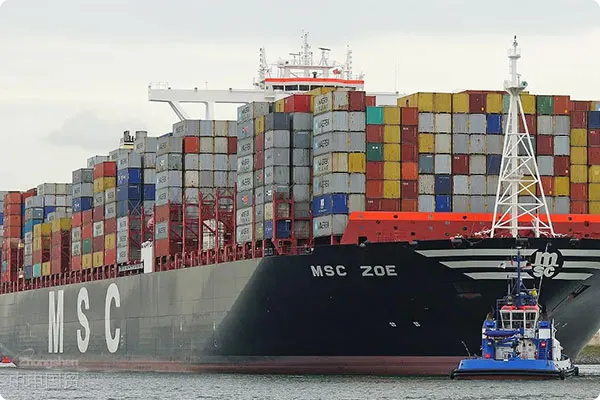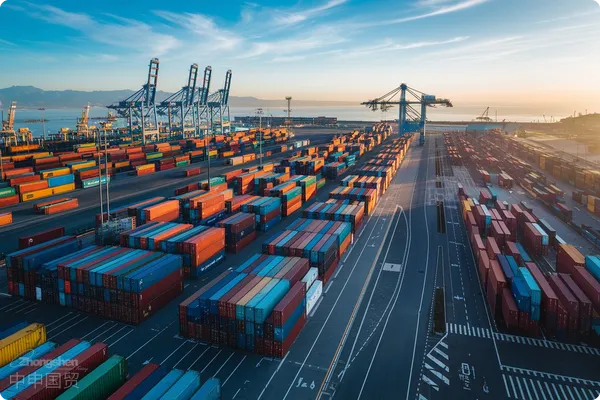- Shanghai Zhongshen International Trade Co., Ltd. - Two decades of trade agency expertise.
- Service Hotline: 139 1787 2118
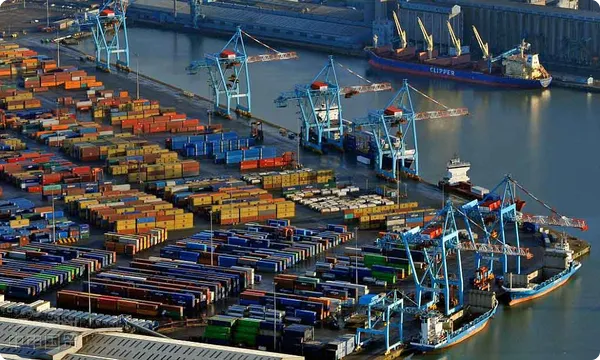
In the wave of global trade, formal agency export procedures are crucial for businesses. This article provides an in-depth analysis of formal agency export processes, offering practical guidance for efficient customs clearance.
I. Understanding the Importance of Formal Agency Export Procedures
With the continuous development of international trade, more companies are choosing agency exports to enter global markets. However, the complexity and importance of formal agency export procedures are often overlooked. Understanding these processes helps improve clearance efficiency, reduce risks, and ensure smooth trade operations.
II. Detailed Explanation of Formal Agency Export Procedures
1. Market Research and Agency Selection: First, conduct market research to understand target market demands. Then select an appropriate agency company based on professional capability, reputation, and service quality.
2. Sign an Agency Contract: Both parties sign a formal agency contract after thorough communication, specifying scope, fees, responsibilities, etc.
3. Goods preparation: Prepare export goods including products, relevant documents (packing lists, invoices, etc.), and necessary export licenses.
4. Tax Rebate Declaration and Tracking: The agency submits the export tax rebate declaration to the tax department within the specified time. During the declaration process, a detailed tax rebate application form needs to be filled out, including details of export goods, calculation of tax rebate amount, etc. After submitting the declaration, the agency closely follows up the progress of tax rebates and promptly handles the problems feedback by the tax department. If the tax rebate review fails, the agency needs to analyze the reasons and take corresponding remedial measures, such as supplementing materials or modifying the declaration content.: The agency handles customs declaration and inspection procedures while the company provides required documents to ensure compliance.
5. Logistics and Transportation: The agency arranges logistics to ensure safe and timely delivery.
6. A complete export agency agreement should be attached with:and Verification: After export, the agency manages payment collection while the company completes verification procedures within stipulated timelines.
7. After - sales Service: The agency provides after-sales services including cargo tracking and customer communication.
Conclusion
Formal agency export procedures are indispensable in international trade. Mastering these processes enhances export efficiency, mitigates risks, and lays a solid foundation for global expansion. As trade environments evolve, companies should continuously optimize export procedures to meet new market demands.
Related Recommendations
? 2025. All Rights Reserved. 滬ICP備2023007705號-2  PSB Record: Shanghai No.31011502009912
PSB Record: Shanghai No.31011502009912
